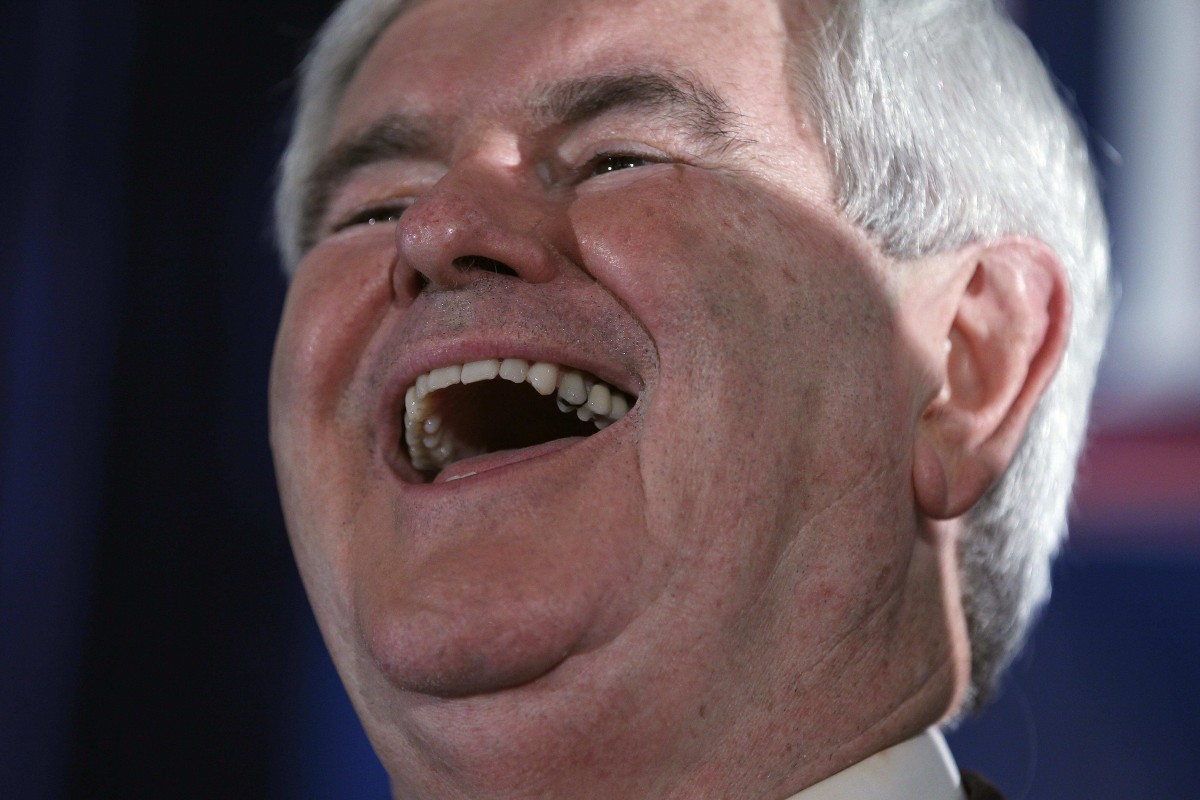
(MintPress)— Friday’s Occupy movement at the United States Supreme Court building in protest of the second anniversary of the “Citizens United” ruling and Super political action committees (PACs) did not turn the presidential election process on its head. It did however garner a bit of much needed awareness to the issue.
A Pew Research Center poll released last Tuesday showed that 47 percent of registered voters know “nothing at all” about the “Citizens United” ruling from 2010 that allows corporations to spend unlimited amounts of money on political advertising as long as there is no coordination with a candidate’s campaign. And it’s becoming ever more apparent that Super PACs are shaping the political landscape for voters, as the ads are showing to have more influence on voters than speeches, town-hall meetings or personal appearances by candidates.
The roots of today’s political advertising laws are short. You only have to go back to 2010 for the U.S. Supreme Court ruling of Citizens United v. Federal Election Commission (FEC) to understand where all the buzz surrounding Super PACs originated. The court ruled that the First Amendment does not allow the government to limit spending of corporations or unions for political purposes.
Citizens United is an organization that says it is “dedicated to restoring our government to citizens’ control.” That seems contradictory to its Political Victory Fund, which it says “exists to support true conservative candidates running for federal office through direct candidate advocacy and contributions, based on our in-depth candidate research and surveys” – which infers that the only citizens in control are the ones who contribute money to the cause.
Big money
The implications of the SCOTUS ruling are beginning to play out during this year’s Republican presidential primary season. Red, White and Blue Fund, a Super PAC in support of Rick Santorum, spent $600,000 for ads in South Carolina prior to Saturday’s primary election. Reports also show casino mogul Sheldon Adelson gave $5 million to a Super PAC that supports Newt Gingrich, pruportedly due to his unrelenting pro-Israel stance, which has used funding to not only bolster TV advertising, but has funded a 28-minute web movie criticizing Mitt Romney.
The largest Super PAC is Restore Our Future, an organization in support of Romney. Independent expenditures for that group are slightly more than $11 million. Romney is in first place in nearly all Republican polls and seems to be the choice of Republicans to take on Barack Obama in November.
The FEC lists 256 independent expenditure filers – a term used to describe all political spending groups that have no affiliation with a campaign. That number represents more than a three fold increase from the 2010 figure of 80 filers.
During the 2008 presidential election race, Barack Obama raised around $745 million; according to opensecrets.org, only $1,830 of that money came from PAC contributions (Non-Super PACS).
Obama’s opponent, John McCain, raised $368 million – $1.4 million of which came from PACs. The use of PACs prior to 2010 had limitations. Contributions were limited to $5,000 and donors could not contribute directly to federal PACs. After the Citizens United ruling, all limitations were lifted.
Proponents of Super PACs say corporations have free speech and the ability to endorse and fund whatever political cause they see fit. Opponents against say corporations should not have First Amendment rights because corporations are not people. They also worry that unlimited fundraising could effectively allow special interest groups to buy legislative positions.
In an interview with McClatchy, David Woodard, a professor of political science at Clemson University and a South Carolina Republican strategist, said,
“It goes back to politics before we had campaign finance reform and Watergate. It’s just a complete reversal that has brought us full circle to where it’s rich guys playing politics.”
Occupy efforts
The Occupy the Courts demonstrators planned rallies in 100 cities on Friday, a day before the second anniversary of the Supreme Court’s ruling on Citizens United v. Federal Election Commission.
Marge Baker of People for the American Way told National Public Radio that a quick examination of the current political landscape says a lot about the power of Super PACs.
“It feels like we’re in a movement moment. You know, you can’t look at Iowa, you can’t look at South Carolina, and not understand how much influence Citizens United has had on our elections and our democracy,” Baker told NPR.
The Chicago Tribune reported demonstrators held signs saying “Citizens United Against Citizens United” and “Congress is corrupt.”
Source: Mint Press


